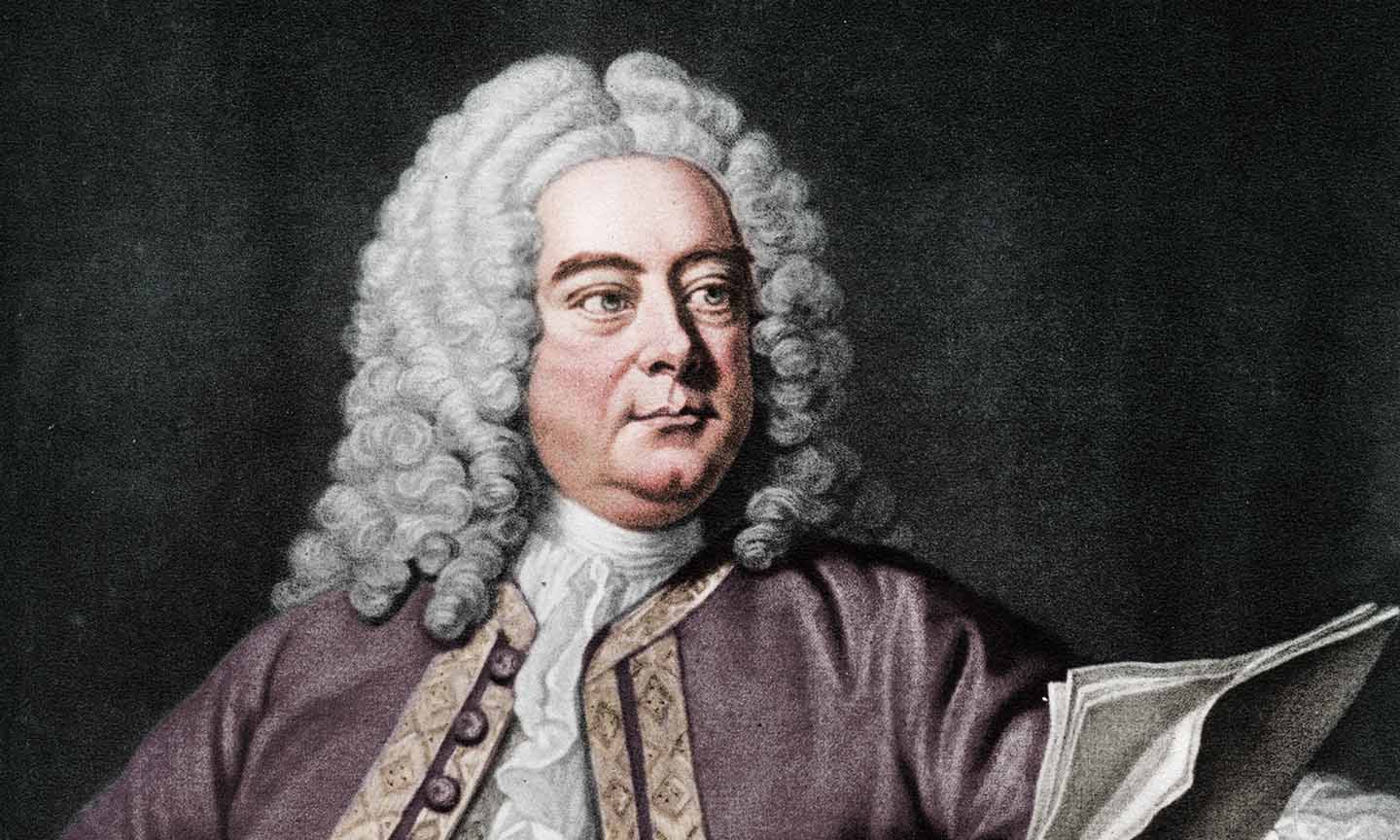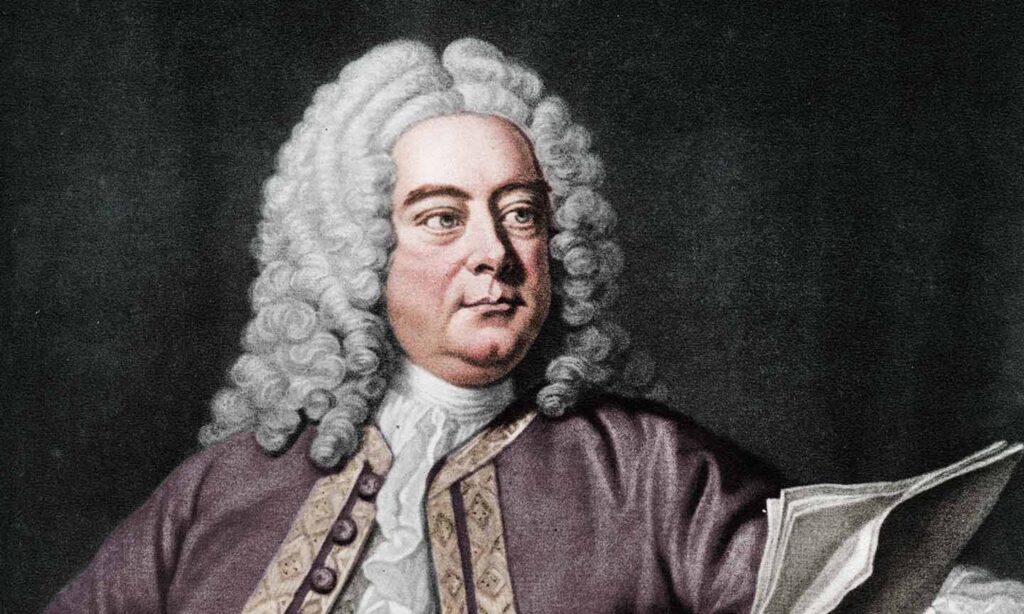Georg Friedrich Händel, also known as George Frideric Handel, was one of the most influential composers of the late Baroque era. He was born on February 23, 1685, in Halle, a city in the Duchy of Magdeburg, which was part of the Holy Roman Empire. He was the son of a barber-surgeon who served at the courts of Saxony-Weissenfels and Brandenburg. Händel showed a remarkable talent for music from an early age, but his father wanted him to study law instead. However, Händel managed to pursue his musical education with the help of his mother and his mentor Friedrich W. Zachow, a composer and organist in Halle.
In 1702, Händel enrolled as a law student at the University of Halle, but he also became the organist of the Calvinist Cathedral there. He soon left for Hamburg, where he joined the opera orchestra as a violinist and harpsichordist. He also composed his first opera, Almira, which premiered in Hamburg in 1705. The following year, he embarked on a journey to Italy, where he spent four years and met many famous musicians, such as Arcangelo Corelli and Alessandro Scarlatti. He composed several operas, cantatas, oratorios and church music in Italy, and gained fame and recognition for his mastery of Italian style.
In 1710, Händel returned to Germany and became the Kapellmeister (music director) of the Elector of Hanover, who later became King George I of Great Britain. However, Händel soon left for London, where he settled permanently in 1712. He obtained British citizenship in 1727. He composed many operas for the London stage, such as Rinaldo (1711), Giulio Cesare (1724) and Serse (1738). He also wrote instrumental music, such as the Water Music (1717) and the Music for the Royal Fireworks (1749), which were performed for royal occasions. He also composed anthems for coronations and other ceremonies, such as Zadok the Priest (1727), which has been sung at every British coronation since then.
Händel’s operas gradually lost popularity in London due to changing tastes and competition from other composers. He faced financial difficulties and health problems, such as a stroke in 1737 that affected his right arm. He decided to switch to a new genre: the English oratorio. An oratorio is a large-scale musical work for soloists, chorus and orchestra, based on a religious or biblical story. Unlike opera, it does not have costumes, scenery or acting. Händel composed many oratorios in English, such as Esther (1732), Saul (1739), Israel in Egypt (1739), Samson (1743) and Judas Maccabaeus (1747). His most famous oratorio is Messiah (1741), which contains the famous “Hallelujah” chorus. Messiah was first performed in Dublin in 1742 and became a huge success. It is still performed regularly around the world today.
Händel continued to compose until his death on April 14, 1759, in London. He was blind for the last years of his life due to cataracts and eye surgeries. He was buried with full honors at Westminster Abbey , where a monument was erected for him. He left behind a legacy of over 600 works, including 42 operas, 29 oratorios, 120 cantatas, 16 organ concertos and numerous other pieces. He influenced many composers of his time and later generations, such as Mozart , Haydn and Beethoven . He is widely regarded as one of the greatest composers of all time.


Comments are closed